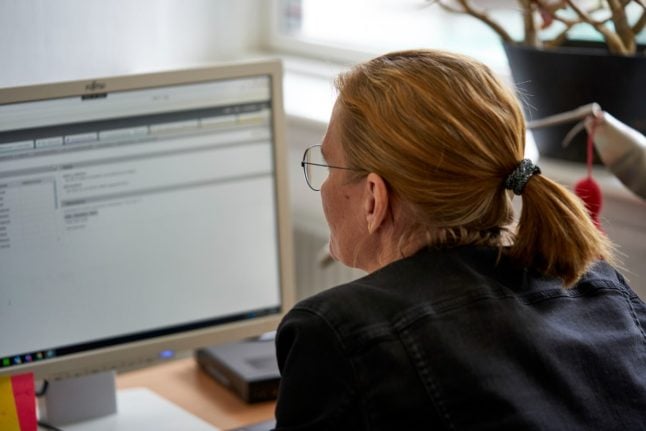Most countries in Europe have some sort of minimum wage in place, after the first laws on minimum legal pay were implemented in New Zealand and Australia in the 1890s.In Denmark, however, there is no official minimum wage.
That doesn’t mean salaries go entirely unregulated. Instead, they are agreed by negotiations between the employer and either the individual employee or a trade union which represents them (or often, both).
Trade unions agree a collective bargaining agreement (en kollektiv overenskomst), with different agreements applying to different industries.
The biggest overenskomst is the one agreed between the Danish Trade Union Confederation and public employees working the state, regional governments and municipalities, which sets the base for most public sector salaries.
The agreements usually include minimum pay levels for different jobs within the industry, which might differentiate between employees with different levels of education. They usually require employers to conduct an annual performance and salary review.
The agreements cover other aspects of your working life beyond salary, which can have a big impact on your take-home pay and quality of life, so it’s well worth finding out if your employer or prospective employer has one, and what it includes.
For example, a typical overenskomst will include provisions for salary and salary increases, your pension, working hours, overtime and allowances, termination, holiday, education and courses, the fritvalgsordning saving scheme, injury and sick leave, and parental leave.
All employees working in the public sector in Denmark and 73 percent of employees working in private sector are covered by a collective bargaining agreement, giving Denmark one of the highest levels of trade union participation in Europe.

If you’re a member of a union, you’ll have access to their salary statistics, such as this page from 3F, or the United Federation of Workers, or this salary check site from the HK white collar union. These will give you details about the average pay for people in your industry and position.
Even if your company is not covered by a collective bargaining agreement, if you contact the relevant union, they will usually advise you on what would be a fair wage.
Some unions will also offer advice over the phone or by email so that you can get help reviewing an employment contract or preparing for your salary review.
Sometimes job ads even list the contact details for a union representative at the company, who can advise you.
Even if you’re not a union member, a lot of useful data is publicly available. Statistics Denmark has detailed statistics on average salaries in different professions. The private job site, Jobindex also has a check your salary section.
If you’re at a larger company with a clear hierarchy and structure, it may well be possible to have a frank discussion with the hiring manager (for a new job) or your line manager (if you’re already employed).
Many companies have salary bands for different positions, and you can ask questions like what the salary band for your current position is, what you would need to do to be qualified for a higher level within the band, or what your options for career progression within the company are.
Perhaps the most important thing to be aware of is that once you have agreed your starting salary, you are likely to find future pay rises limited to that agreed by the union, with large pay rises unusual unless you’re changing position.
This means it’s important to push for the highest salary you can get away with when being hired in the first place, rather than settle for something lower and hope you’ll be able to increase it later.



 Please whitelist us to continue reading.
Please whitelist us to continue reading.
Member comments